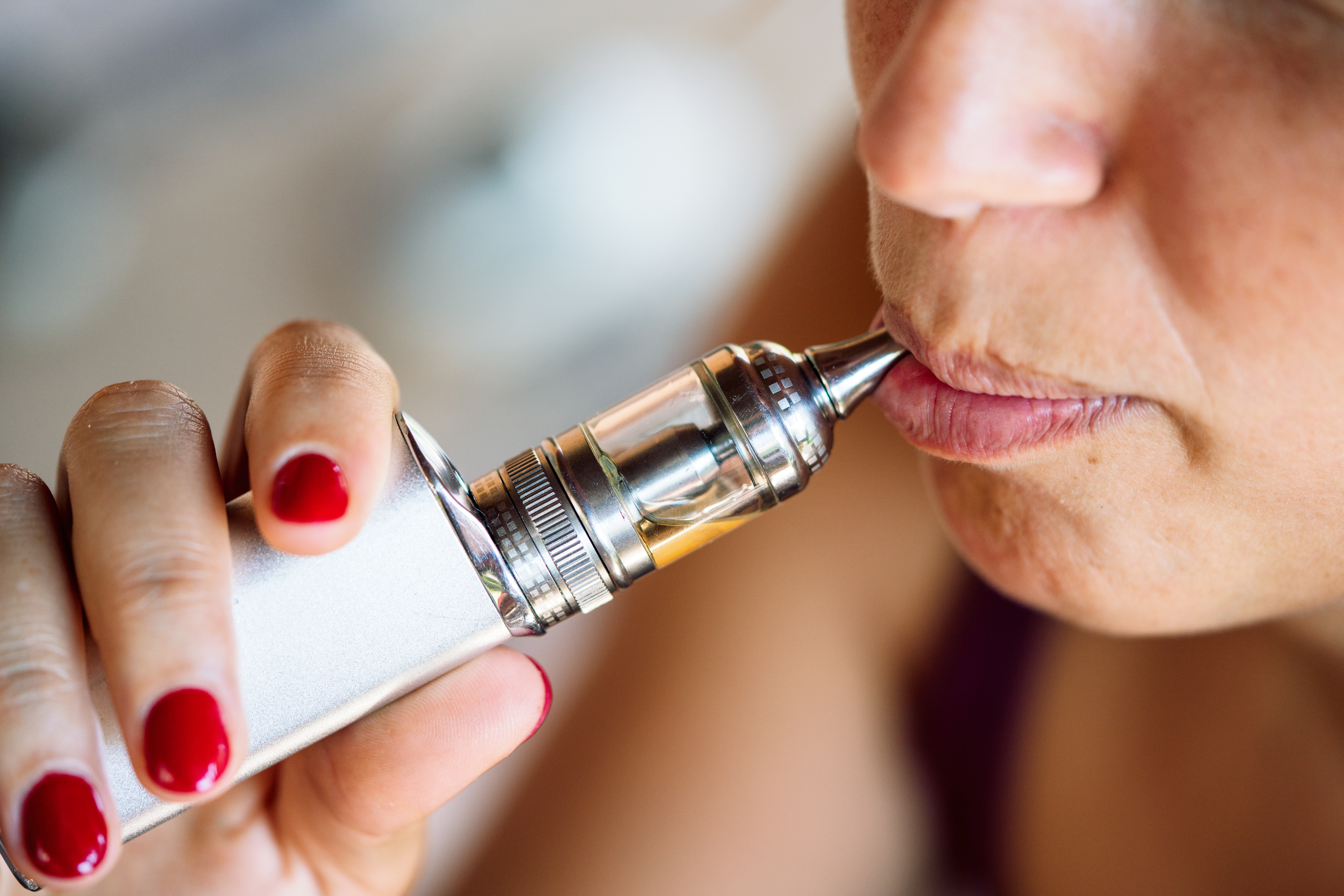
This month, Massachusetts regulators lifted the months-long ban on vaping products. The lift on the ban, originally set to last until Jan. 2020, came nearly one month early on Dec. 12.
Officials from the Cannabis Control Commission (CCC) gave the green light to resume the sales of vaping products manufactured after the Dec. 12th announcement under new regulations.
Setting New Standards
All medicinal and adult-use vaping products must undergo testing to ensure each batch is free of vitamin E acetate, a main culprit in the outbreak of lung illness. Products must also meet standards for other contaminants, including heavy metals, like lead.
Products made before Dec. 12 remain under quarantine. None of the 91 products detained so far have tested positive for vitamin E acetate. But some samples contained unacceptable amounts of lead. The CCC is still investigating, and awaiting results from more than 100 quarantined samples.
Additionally, the new regulations require companies to list each product’s active and inactive additives, including thickening/thinning agents and terpenes, according to the CCC; and to include the below disclaimer:
“This product has been tested for contaminants, including Vitamin E Acetate, with no adverse findings. WARNING: Vaporizer Products may contain ingredients harmful to health when inhaled.”
Gov. Charlie Baker also set new limitations for the vaping industry in November when he signed legislation that limits the sale of flavored smoking products to licensed locations where they’ll be consumed on-site (i.e. smoke bars).
In order to make sure new standards are met, the CCC announced, “additional compliance terms for licensees that pertain to record-keeping in the state’s seed-to-sale tracking system and between licensees that wholesale products.”
Back to Business
Vaping is popular in the Garden State. Now that the devices and cartridges are available again, companies are expecting high demand. In fact, several shops report that 40% of their sales were driven by such products before the ban was put in place this summer, reports Boston Magazine.
Some products have already hit shelves. However, it might take some time before business is back to usual. That’s because all must be independently tested—and the state only has two testing labs. As a result, some fear a bottleneck will ensue as labs race to complete testing.
Leaders of both labs are confident. They told WBUR’s Bostonomix team that they are prepared for the demand.
“There’s going to be some patches where we might experience minor delays due to increased volume,”explains Michael Kahn, president of MCR Labs, which has already received hundreds of samples. “But overall, it’s something that we’re built for and we should be able to handle.”



Leave a Reply